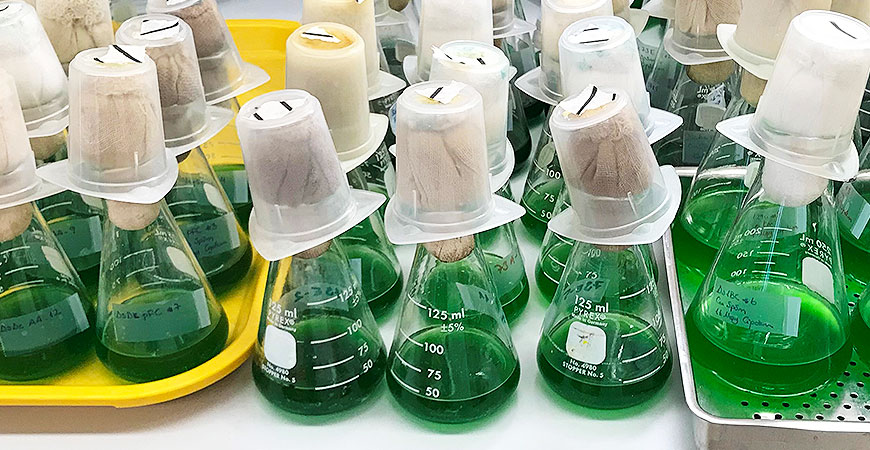Our circadian clocks play a crucial role in our health and well-being, keeping our 24-hour biological cycles in sync with light and dark exposure. Disruptions in the rhythms of these clocks, as with jet lag and daylight saving time, can throw our daily rhythms out of whack.
But a group of...





